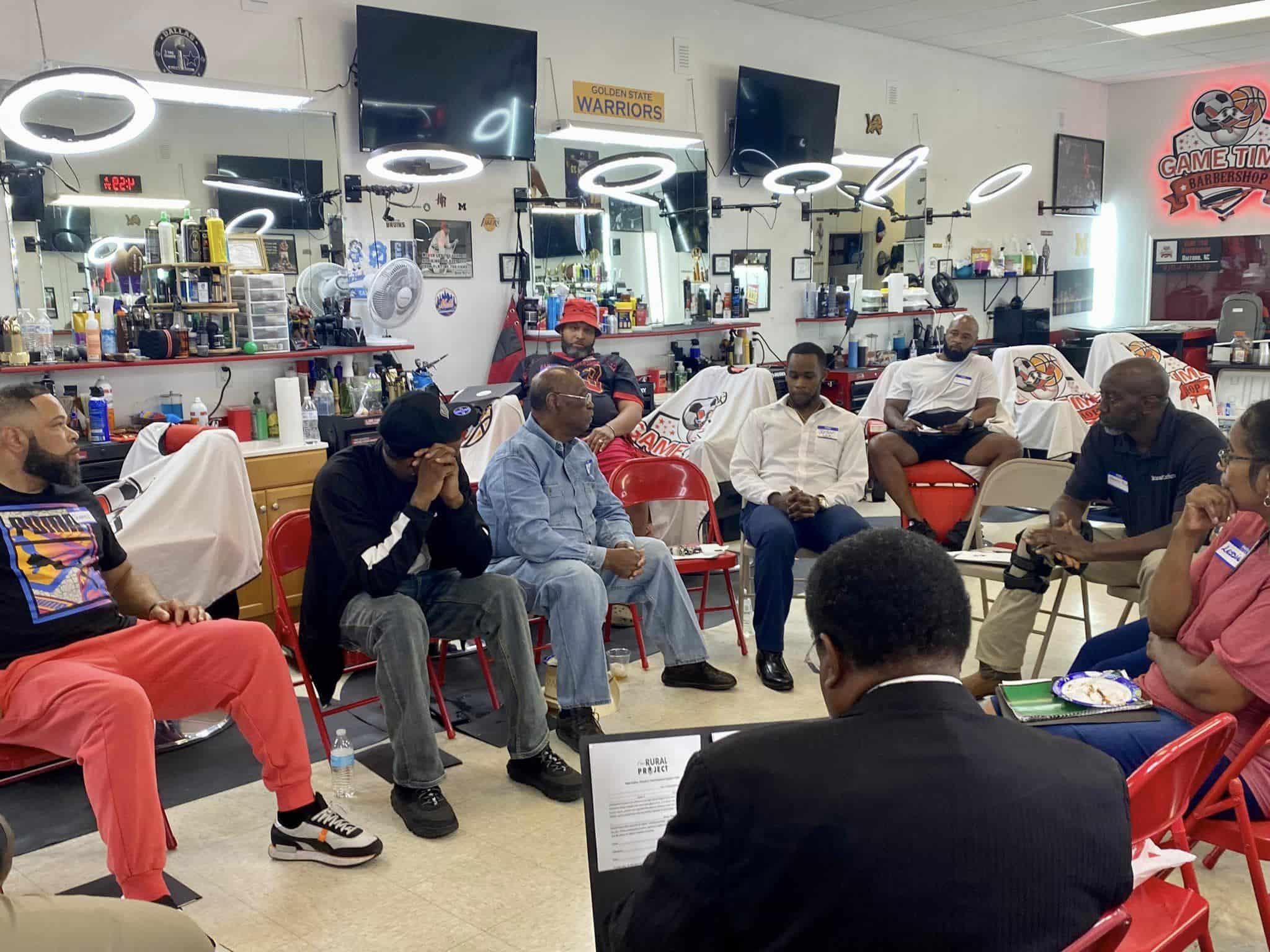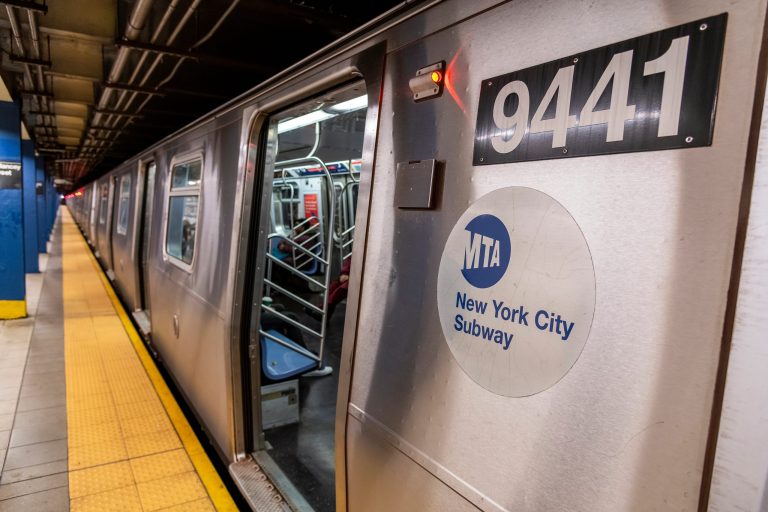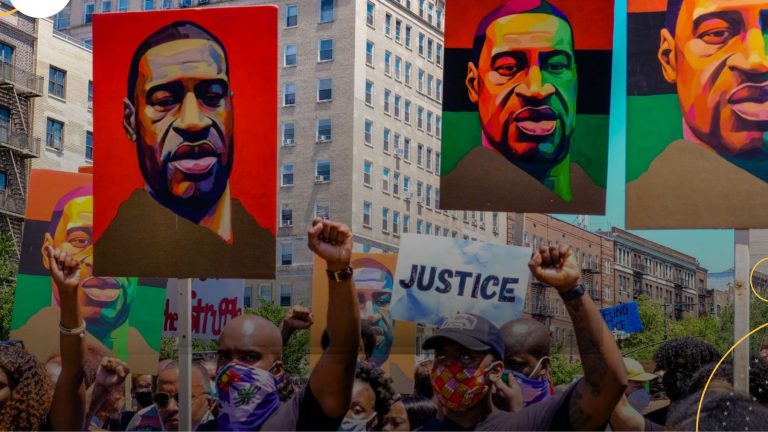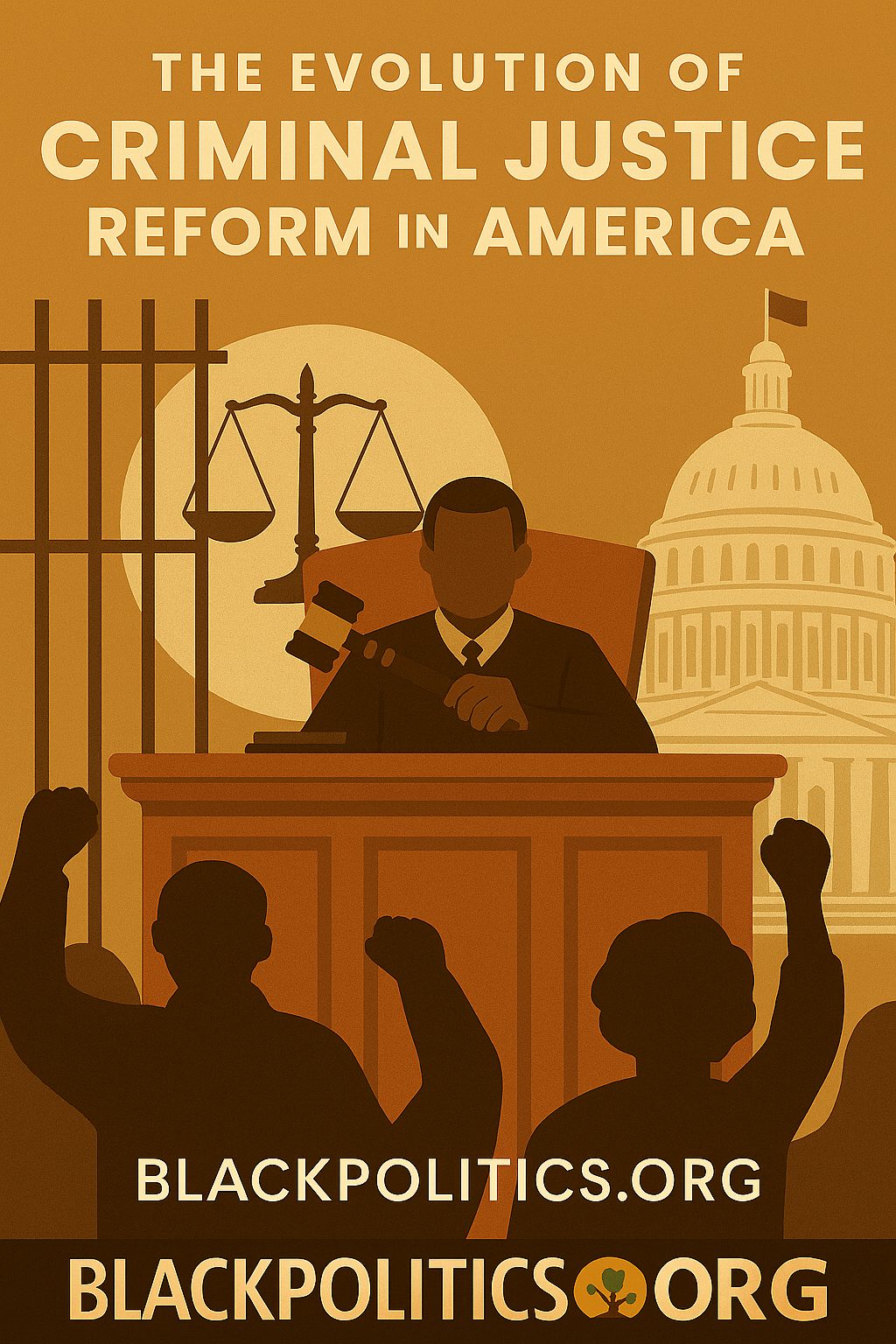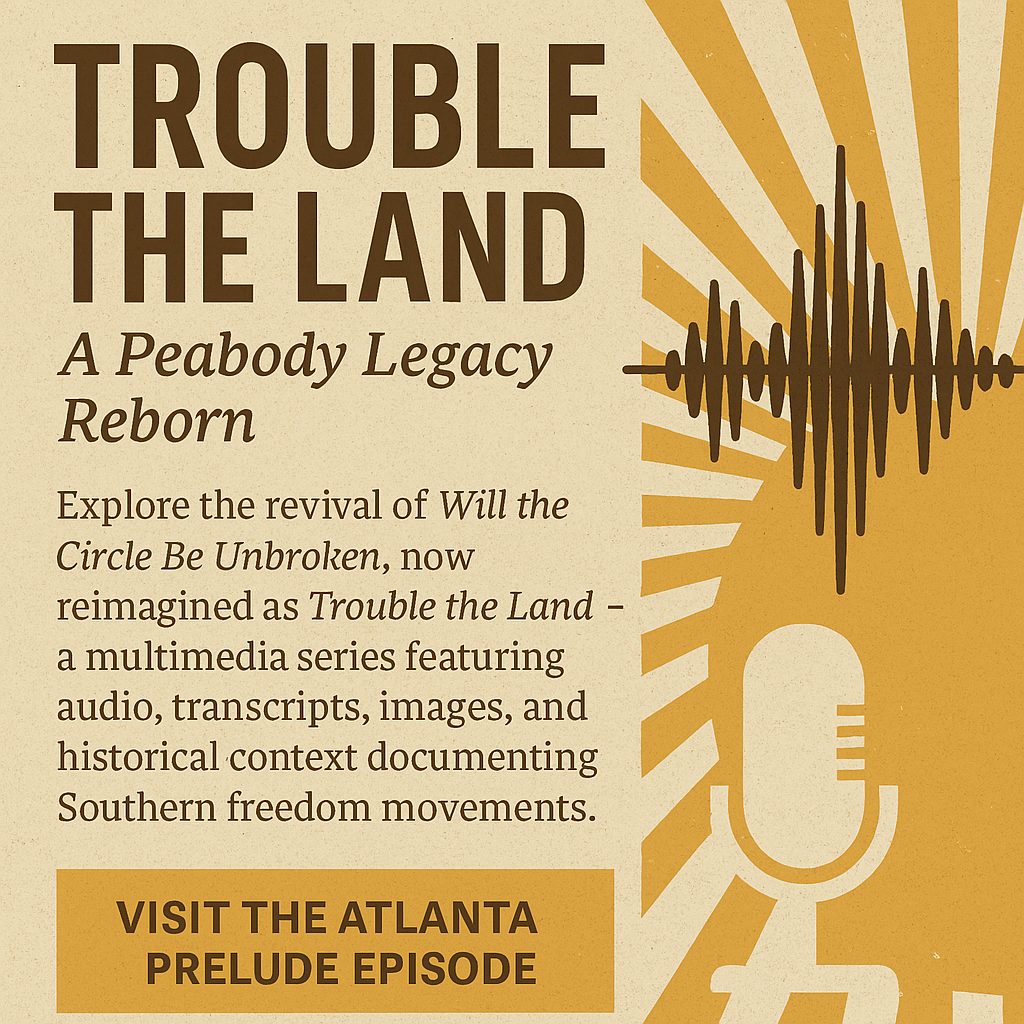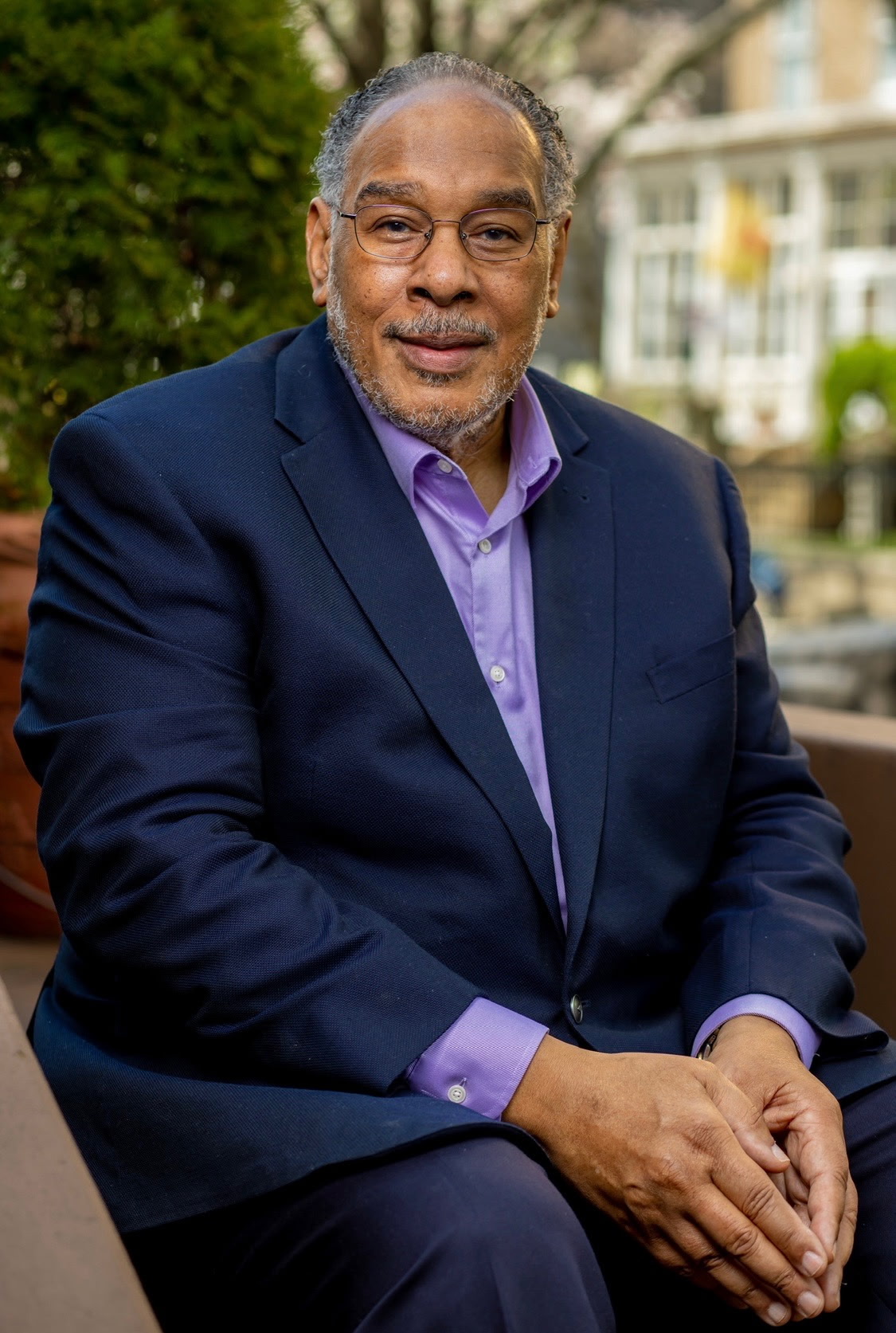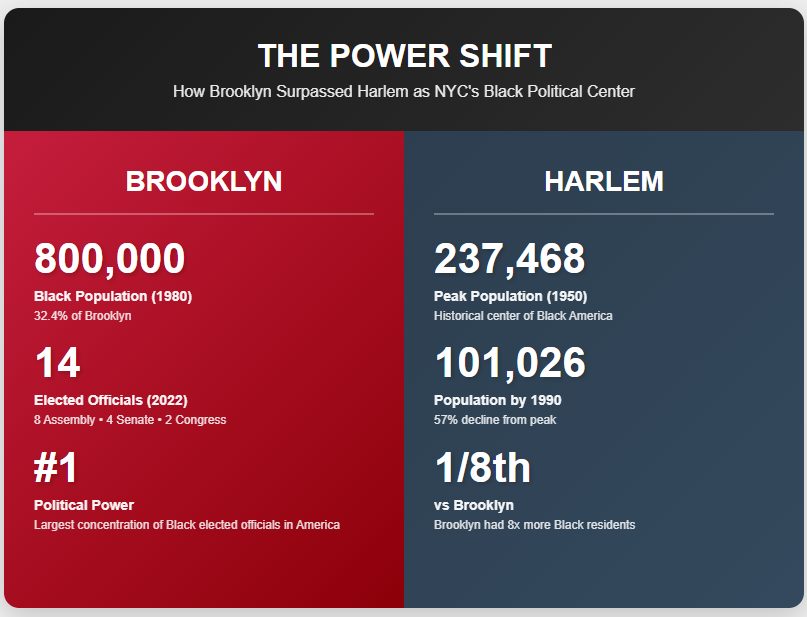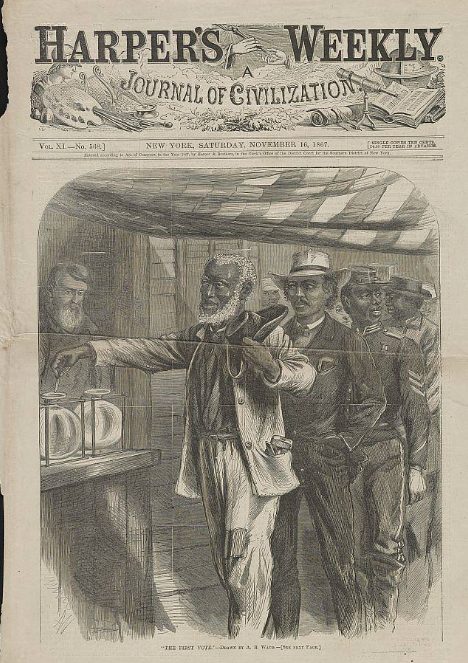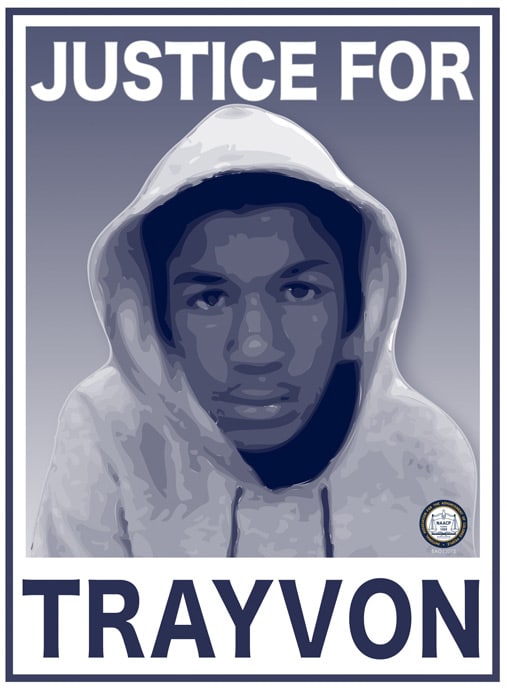
Findings of Case Study
The Impact of Race In U.S. Court Cases; Beyond The Trayvon Martin Case
Denver, Colorado (PRWEB) July 25, 2013
A Just Cause, an advocate for the wrongfully convicted, released findings from it study on race and justice in the United Sates. The study includes a review of the IRP-6 case and the impact that race may have played in their case involving allegations of wrongdoing at IRP Solutions Corporation. IRP Solutions is an African American owned company in Colorado that developed software for law enforcement. The case of the IRP6 (Kendrick Barnes, Gary L. Walker, Demetrius K. Harper, Clinton A. Stewart, David A. Zirpolo and David A. Banks) is currently under appeal in the 10th Circuit Court of Appeals. The men were convicted in 2011 and have been incarcerated at the Federal Prison Camp in Florence, Colorado since the summer of 2012. The six executives, who represented themselves pro se, have maintained their innocence throughout. (Appellate Case: 11-1492 Document: 01018987811 and Document: 01018987485 Date Filed: 01/22/2013 http://freetheirp6.wix.com/freetheirp6#!additional-documents).
A Just Cause has compiled information from various sources on the subject of race in the U.S. Courts. “Although overt discrimination has diminished in the criminal justice system over recent decades, at the beginning of the twenty-first century, we continue to grapple with the perceptions and the reality of unfairness in our justice system”, says an American Sociological Association Series on How Race and Ethnicity Matter. “Racial and ethnic disparities persist in crime and criminal justice in the United States. Minorities remain overrepresented in delinquency, offending, victimization, and at all stages of the criminal justice process from arrest to pretrial detention, sentencing (including capital punishment), and confinement”, the ASA Series continues. (ASA Series on How Race and Ethnicity Matter – Race, Ethnicity, and the Criminal Justice System, September 2007, http://www.asanet.org/images/press/docs/pdf/ASARaceCrime.pdf)
Race In U.S. Court Cases
The Just Cause study includes real-world accounts from men impacted by race in the courts. “What does Trayvon Martin and the IRP-6 case have in common?”, asks David Banks, Chief Operating Officer for IRP Solutions Corporation. “Trayvon and myself are African-American and we both were profiled as criminals while not doing anything wrong. Trayvon was walking to his father’s fiancee’s home after a trip to the convenience store and ended up getting killed by George Zimmerman. I was doing my job as an executive with IRP Solutions Corporation (IRP) when Holland and Hart attorney Greg Goldberg profiled us as being criminals because we had failed to pay some business debts. Both myself and Trayvon deserved the benefit of the doubt and didn’t deserve to be profiled as a criminal when we were doing nothing out of the ordinary”, added Banks.
A Just Cause has reviewed several accounts of impacts of race and justice in the U.S. Courts and found that the George Zimmerman/Trayvon Martin trial has sparked in-depth international conversation on this subject. Attorney Mark Geragos writes in The Daily Beast, “Did the George Zimmerman trial involve racist attitudes? Of course it did. Did the predominantly white jury reach the right verdict? Of course it did. Is the criminal justice system a racist institution? Of course it is. Do young black males disproportionately suffer the brunt of this criminal justice system? Of course they do. Did the media and politicians inflame the situation for their own purposes? Of course they did. Is this a conundrum easily resolved or reconciled? Of course it’s not.” (The Daily Beast, “The Trayvon Verdict, 7/15/13, http://www.thedailybeast.com/articles/2013/07/15/michael-jackson-lawyer-mark-geragos-on-race-and-trayvon-martin.html
Attorney Geragos further questioned the prosecution’s role in the Trayvon Martin case which, if handled differently, could have resulted in a different outcome. “So why this inversion of the normal criminal roles of the prosecution and defense? It lies in one simple word. Race”, says Geragos. “Prosecutors are not used to calling the Trayvon Martins of the world, or any other black youth, a “child,” or characterizing their comings and goings to the store as innocently buying Skittles and watermelon tea. They are used to demonizing young black males as violent predators of the night. Historically, prosecutors in Florida thought nothing of seeking the death penalty for 15- and 16-year-old black “children” when they were prosecuting them. It took the U.S. Supreme Court to slow that process down, so that the 17-year-old “children” had to become 18 year-old “adults” before they could be sent to “Old Sparky,” the Florida death chamber”, adds Geragos.
“In the U.S. justice system and through much of American society, Blacks are not given the benefit of the doubt that Caucasians are afforded. It happened in our case and in the Trayvon Martin case”, says Banks. “In the Trayvon Martin case the white jury gave Zimmerman the benefit of the doubt — devaluing the life of a Black teenager. In our case, prosecutors and FBI agents did not give us (African-Americans) the benefit of the doubt — maliciously taking our liberty and bringing great sorrow to our families and friends. Both are American tragedies and a scathing indictment of the so-called best justice system in the world,” adds Banks.
Beyond Trayvon Martin
According to a case study done by the ACLU, “Racial Profiling” refers to the discriminatory practice by law enforcement officials of targeting individuals for suspicion of crime based on the individual’s race, ethnicity, religion or national origin. The study states, “Racial profiling is a practice that presents a great danger to the fundamental principles of our Constitution. Racial profiling disproportionately targets people of color for investigation and enforcement, alienating communities from law enforcement, hindering community policing efforts, and causing law enforcement to lose credibility and trust among the people they are sworn to protect and serve. Racial profiling continues to be a prevalent and egregious form of discrimination in the United States. This unjustifiable practice remains a stain on American democracy and an affront to the promise of racial equality.” (ACLU, “Racial Profiling”, 2011, http://www.aclu.org/racial-justice/racial-profiling )
“They say “Justice is Blind” but recent events have opened the eyes of Americans to the fact that justice is not blind, it isn’t even color blind”, says David Zirpolo, IRP Solutions (IRP6). “You can see justice is not blind at all but it sees race, religion, wealth, power, intelligence, charisma, and beauty before deciding guilt or innocence. The “greatest justice system in the world” is prejudice,” adds Zirpolo. “On February 9, 2005 I saw, in full force, how law enforcement treats whites vs. blacks. When our business was raided I was the only white person in the office. The FBI agents, who outnumbered the people in the office, treated me with respect while they treated the black men and women with distain, anger and mistrust. I was kindly asked to go to the lunchroom by an agent. My associates were ordered and herded to the lunchroom. I was allowed to leave the lunchroom unescorted, retrieve my belongings and laptop from my office, given a card by the agent in my office “in case I wanted to talk” and allowed to leave the office without being searched. As I left the office I saw one of my associates having his wallet searched by two agents and I was not even acknowledged as I passed”, Zirpolo concludes.
IRP6 defendant and contributor to the Just Cause case study, Kendrick Barnes, states, “Contrasting with the Trayvon Martin murder trial it seems this justice system seems to view whomever is black must be in the position of the wrong.” “Trayvon was murdered yet the jury believed that he was at fault for his own murder”, adds Barnes. “Juror B37, speaking in an interview on CNN, felt that Trayvon could have solved everything just by running away. And that George Zimmerman even after being told to not follow after Trayvon Martin was justified in later killing an unarmed 17 year old. In our case, there were several government witnesses whom we showed to contradict themselves and contradict the evidence. It seems that if you are black in front of a majority white jury you are viewed in the wrong”, concludes Barnes.
Race In U.S. Court Cases; Beyond Trayvon Martin
In the study, “Racial Disparity in Sentencing: A Review of the Literature”, The Sentencing Project found, “The intersection of racial dynamics with the criminal justice system is one of
longstanding duration. In earlier times, courtrooms in many jurisdictions were comprised
of all white decision-makers. Today, there is more diversity of leadership in the court
system, but race still plays a critical role in many criminal justice outcomes. The most recent generation of evidence suggests that while racial dynamics have changed
over time, race still exerts an undeniable presence in the sentencing process. Racial
discrimination generally does not exist in the explicit fashion that it did in the American
South 50 years ago, in which blacks and whites were routinely handled differently by law
enforcement and judicial authorities. Rather, racial discrimination in sentencing today is
often a more surreptitious process, manifesting itself in connection with other factors and
producing racially discriminatory outcomes in certain situations.” (The Sentencing Project, “Racial Disparity in Sentencing: A Review of the Literature”, January 2005, http://www.sentencingproject.org/doc/publications/rd_sentencing_review.pdf )
“Attitudes of suspicion and contempt stemming from slavery, the systemic establishment of the black man as an inferior person, still have consequences on our society today”, says Gary Walker, President of IRP Solutions Corporation (IRP6). “There is a sentencing disparity that exists between blacks and whites convicted of the same crime, and there is little or no presumption of innocence until proven guilty for blacks”, Walker adds.
“Am I invisible to you? Do I really matter? Am I human? Am I an animal? Or am I a savage? Does my life mean anything?”, asks Demetrius Harper, IRP6. “When you have cases with Caucasians you see lighter sentences, less convictions, and in some cases, no convictions at all. All the IRP6 ever wanted was no special treatment, just to be treated like everyone else, to be visible, to be treated like a human being, see me as man, not a black man. But as one Leslie-Ann Greenfield (government witness) stated, — (paraphrase) “That I was articulate, well-spoken and professional” (Court Transcript, Criminal Action No. 09-cr-00266-CMA). So in common speak, for a black man I was articulate, well-spoken and acted in a professional manner. This should not be the case. Martin Luther King Jr. said all people black or white should be judged by the content of one’s character, not the color of one’s skin”, adds Harper.
“The Trayvon Martin case demonstrates the obvious racism that pervades society in our country”, says Clinton Stewart, IRP Solutions (IRP6). “Fifty years ago whites would stalk blacks, and they would be found hanging from a tree. Today, under the guise of the neighborhood watchman, a white man stalks an unarmed 17-year old black youth returning to his father’s house and guns him down. To the casual observer, the case is simple murder of an innocent kid. But, to the prejudiced mind its complicated because the white has to be somehow not blamed for this killing. In this case, the black kid is the “fall guy” for his own shooting to make sure the white man goes unpunished. This crap is sick!! But, it shows how deeply the new “Jim Crow” is engrained in American society”, Stewart expresses.
“Justice in America is not blind. When you are African-American, you are rarely given the benefit of the doubt by judges, prosecutors, law enforcement and even juries”, says Banks. “I have chastised many of my friends who wrongly used racism as a crutch or excuse for why they can’t be better or successful. But in our case I saw a group of justice officials who from the outset profiled us as criminals when we were doing something so positive. We were developing software for law enforcement that would improve criminal investigations, information sharing and collaboration. Some of the very issues that contributed to 9/11. To be accused of running a criminal enterprise while working this closely with law enforcement is still disconcerting”, concludes Banks.
For full comments from the IRP6 about race and justice in the U.S. Courts and parallels to the Trayvon Martin verdict, go to http://www.freetheirp6.org
The case of IRP Solutions (IRP6) is currently under appeal (US District Court for the District of Colorado, Honorable Christine M. Arguello, D. Ct. No. 1:09-CR-00266-CMA; Case Nos: NO. 11-1487, Case Nos. 11-1488, 11-1489, 11-1490, 11-1491 and 11-1492). For more information about the story of the IRP6 or for copies of the legal filings go to http://www.freetheirp6.org Appellant Court panel includes the Honorable Senior Judge Bobby R. Baldock, Honorable Judge Harris L. Hartz, and Honorable Judge Jerome A. Holmes
Find More Unarmed African Americans Killed By Police Press Releases
References:
Brown v. Board at Fifty: “With an Even Hand” > A Century of Racial
In 1896 the Supreme Court sanctioned legal separation of the races by its ruling …. a constitutional attorney, argued the case before the U.S. Supreme Court in …
Gibbons lost the case and appealed to the U.S. Supreme Court, which … By defending the constitutionality of racial segregation, the Court paved the way for the …
24 Jun 2013 … Ruling 7-1, the court found that the U.S. Court of Appeals for the Fifth Circuit had … consideration of race and ethnicity in admissions decisions.
Cornell University Cornell Law School … topic: race discrimination. Scott v. Sandford 60 u.s. 393 (1856) · Slaughterhouse Cases 83 u.s. 36 (1872) · Strauder v.




